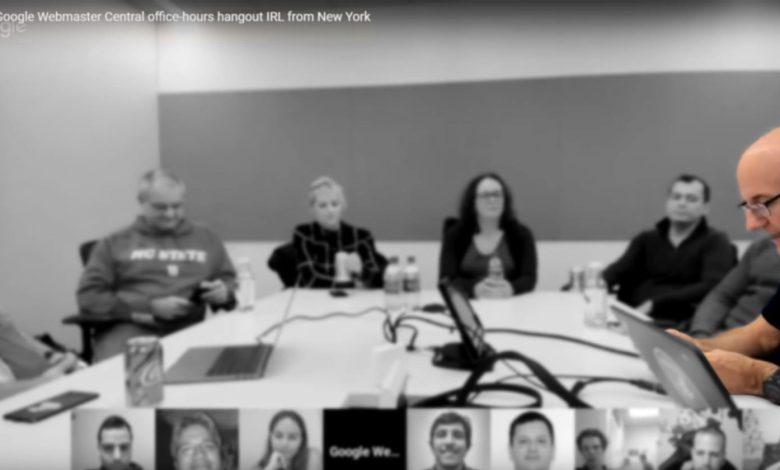
A web publisher raised a question about why an outdated site continues to outrank a newer, more updated site. The usual SEO explanation attributes this to the older page having accumulated trust and age playing a role. However, Google’s John Mueller provided a more nuanced explanation that challenges this common theory.
### Theory on Why an Old Site Continues to Rank
The web developer shared his perspective on why the outdated site ranks, despite its thin content and use of HTTP. He speculated that the site, being in the index for so long, has built up a trust factor. He also thought that the site’s age might make it harder to provide newer content, noting that recent updates are more thorough than content from ten or twelve years ago.
The developer noticed that sites on HTTP often haven’t been updated for two to three years, viewing them as nearly abandoned and the HTTP as a sign of outdatedness.
### HTTPS as a “Soft” Ranking Factor
John Mueller explained that HTTPS is a ranking factor for Google, but emphasized that it’s a relatively minor one, describing it as a “soft” ranking factor. He responded to the argument that fresher content should rank higher by pointing out that Google’s use of freshness varies. Sometimes, older, established content is more relevant, for instance, in cases of long-term research.
Mueller highlighted that some content is evergreen, meaning it remains largely unchanged over time. For example, the basic process of boiling an egg has likely stayed the same for thousands of years, even if new techniques or tools have evolved.
Mueller elaborated that content may remain relevant when it has accumulated numerous signals over time, such as links and trust. However, he noted that this doesn’t mean Google measures trust with a specific metric. Instead, trust refers to a variety of signals, like high-quality links, suggesting continued relevance.
The developer inferred that the outdated site’s ranking success was related to long-term trust, but Mueller clarified that while they might not use the term trust, the site has been around without major issues, gaining links and possibly maintaining popularity, even if people have not realized web advancements.
### Understanding Evergreen Content
Mueller explained that Google strives to balance showing evergreen content with fresher content. When it’s clear that users seek fresher information, Google will adjust accordingly.
### Key Takeaways
– HTTP is a weak, soft ranking signal.
– Freshness isn’t always a ranking factor.
– Links may indicate a page’s ongoing popularity and relevance.
– Evergreen content can be considered reference quality and deserves to rank.
– User signals for fresher content can prompt Google to provide newer content.
– Older sites don’t rank simply because they’re old or due to a specific metric called trust.
In conclusion, while older sites might have an advantage due to accumulated signals, Google’s ranking system is more complex, considering various factors beyond age and supposed trust.


